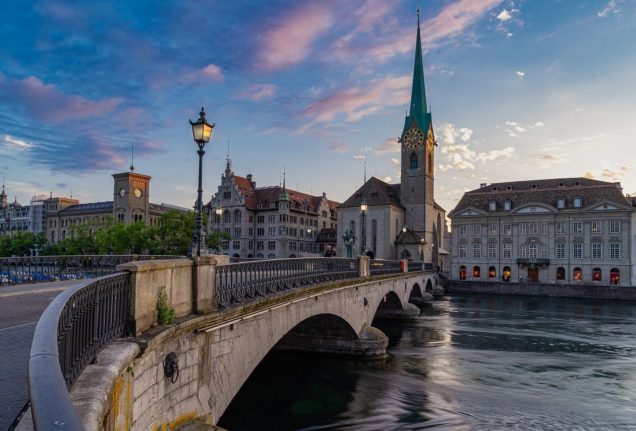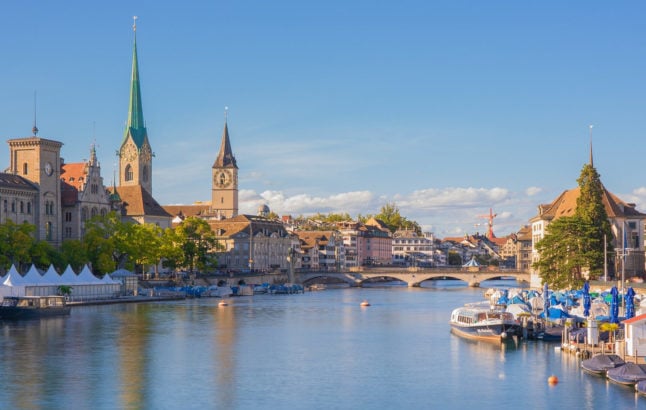Zurich city is home to more than 400,000 people – or around 1.5 million when the entire canton is taken into account.
Around one third of the residents are foreigners, which is higher than the 25 percent figure for Switzerland as a whole.
As Switzerland’s economic engine, Zurich is responsible for roughly a fifth of the country’s GDP and is the base for dozens of well known domestic and international companies.
The Zurich job market is strong – perhaps the strongest in Switzerland, particularly for International workers.
Wages are also strong as a result, with salaries in various industries among the most competitive in the country.
However, there are of course some downsides to be aware of. If you live in Zurich – or have – we’d love to hear from you.



 Please whitelist us to continue reading.
Please whitelist us to continue reading.
Member comments